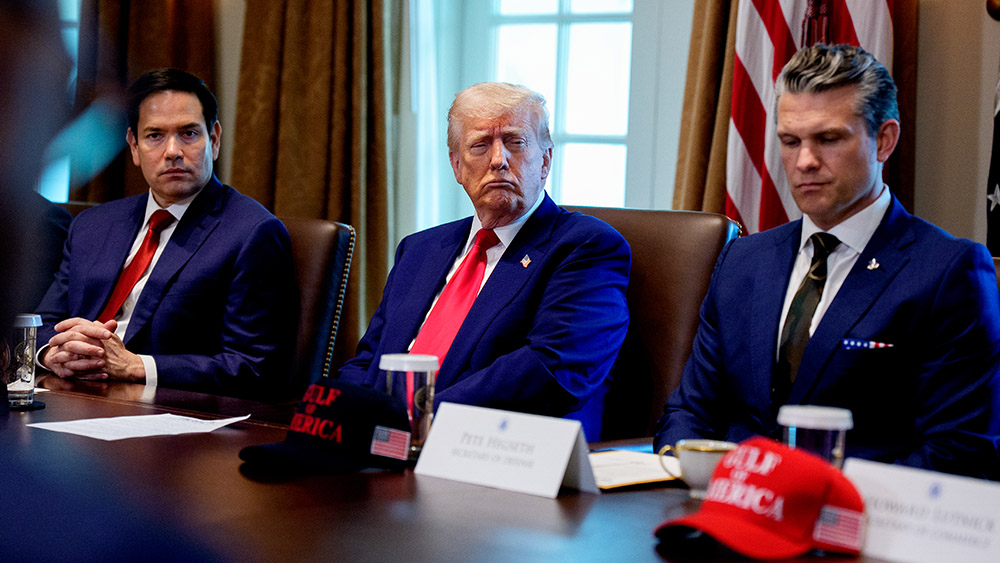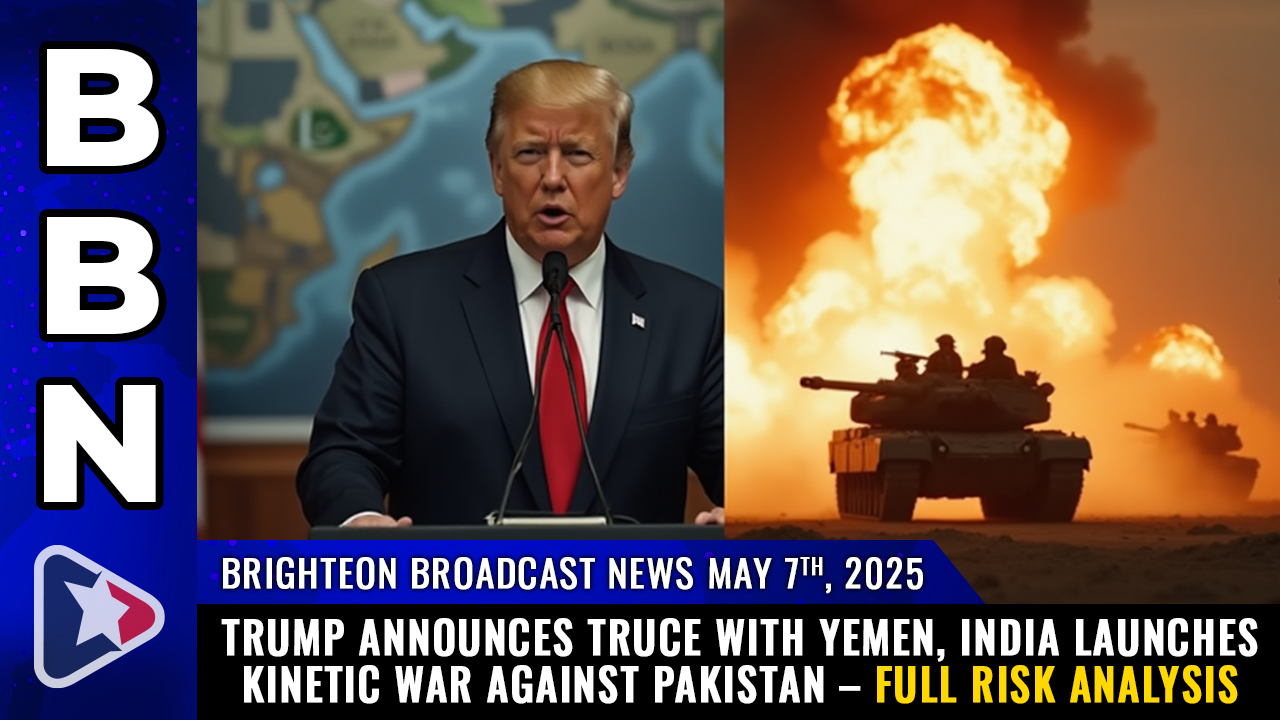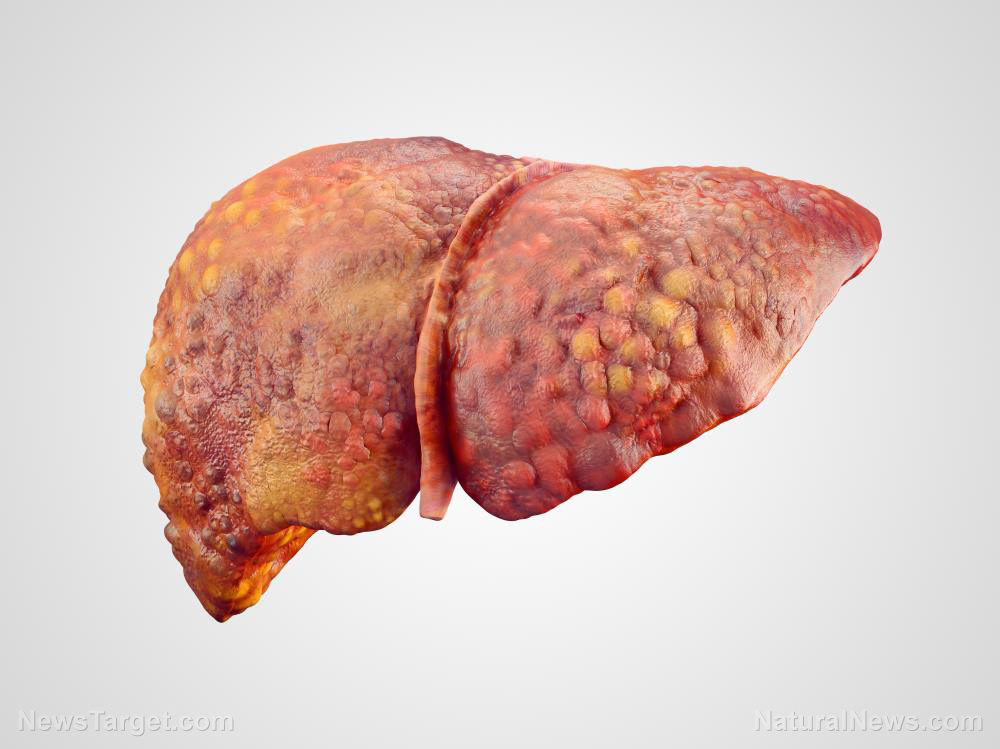UK and India seal major trade deal after three years of negotiations as Trump tariffs reshape global commerce
By isabelle // 2025-05-06
Tweet
Share
Copy

- The UK and India finalized a historic trade deal after three years, cutting tariffs on whiskey, cars, and consumer goods.
- British whiskey tariffs in India will drop from 150% to 40% over a decade, while UK car tariffs fall to 10%.
- India gains tariff-free access for 90% of its exports, including textiles and food, boosting bilateral trade by £25.5 billion.
- The deal strengthens economic ties amid global trade tensions, offering an alternative to U.S. tariff policies.
- Unresolved issues include a pending investment treaty and India’s exclusion from the UK’s carbon tax.
A win for whiskey, cars, and consumer goods
The deal delivers significant wins for British exporters, particularly in the whisky and automotive industries, which have faced steep tariffs in India. Currently, British whisky and gin face a 150% import tax in India, but under the new agreement, those tariffs will be halved to 75% and eventually reduced to 40% over a decade. Similarly, tariffs on British cars, which were previously as high as 100%, will drop to just 10%, with quotas set to manage trade volumes. India, meanwhile, will see 90% of its exports to the UK become tariff-free, including textiles, footwear, and food products. The British government estimates the deal will add £4.8 billion annually to the UK economy by 2040, with bilateral trade expected to grow by £25.5 billion.A strategic response to global trade tensions
The agreement arrives amid escalating trade conflicts sparked by Trump’s aggressive tariff policies, which have disrupted global markets. Both the UK and India have been seeking alternative trade partnerships to mitigate economic risks. "The timing couldn’t be better, with the FTA enhancing the economic resilience of both the UK and India by providing access to new markets and reducing vulnerability to external shocks,” said Keshav R. Murugesh, CEO of WNS and chairman of the Confederation of Indian Industry UK Business Forum. For India, the deal represents a rare opening of its heavily protected markets, setting a precedent for future negotiations with the U.S. and EU. For the UK, it marks the most significant trade agreement since Brexit, though its economic impact remains modest compared to the country’s overall GDP.Key concessions and unresolved issues
While the deal resolves many trade barriers, some sticking points remain. A parallel bilateral investment treaty, which would provide legal protections for cross-border investments, has yet to be finalized. Additionally, India failed to secure an exemption from the UK’s upcoming carbon tax, though discussions on the issue continue. One notable provision is the "double contribution convention," which allows Indian and British workers on temporary assignments to avoid paying social security contributions in both countries for up to three years. Critics, including former UK Trade Minister Kemi Badenoch, have raised concerns over immigration implications, but British officials insist the deal does not alter visa policies.A long road to agreement
Negotiations began in January 2022 but faced repeated delays due to political instability in the UK, which saw four prime ministers in as many years, and elections in both nations. The Labour government, elected in July 2024, prioritized finalizing the deal, with last-minute talks between trade ministers Jonathan Reynolds and Piyush Goyal sealing the agreement. Industry leaders celebrated the breakthrough. Mark Kent of the Scotch Whisky Association called it a "once-in-a-generation deal," predicting a £1 billion boost in exports over five years. The UK auto sector also welcomed the reduced tariffs, though compromises were made to secure the deal. Modi and Starmer are expected to meet in the coming months to formally sign the agreement, which still requires legal review and ratification. As global trade dynamics shift, the UK-India deal offers a model for economic cooperation in an era of rising protectionism. For now, businesses and consumers in both nations can look forward to expanded opportunities, whether it's through cheaper whiskey in India or more affordable textiles in the UK. As Starmer put it, this deal marks "a new era for trade," one that may prove crucial in navigating the uncertainties of today’s global economy. Sources for this article include: TheGuardian.com CNBC.com Reuters.comTweet
Share
Copy
Tagged Under:
Donald Trump economy market crash politics India foreign relations UK global trade big government risk money supply bubble progress supply chain tariffs trade agreement economic riot finance riot
You Might Also Like
Apple to shift iPhone production to India by 2026 amid U.S.-China trade war
By Willow Tohi // Share
Trump’s defense of tariffs as economic strategy sparks debate over trade and consumer impact
By Willow Tohi // Share
By Finn Heartley // Share
Recent News
Apple to shift iPhone production to India by 2026 amid U.S.-China trade war
By willowt // Share
Trump administration reaffirms: Gender-related procedures are CHILD ABUSE
By ramontomeydw // Share
Flaxseed oil: A superfood that supports healthy heart and brain functions
By lauraharris // Share









